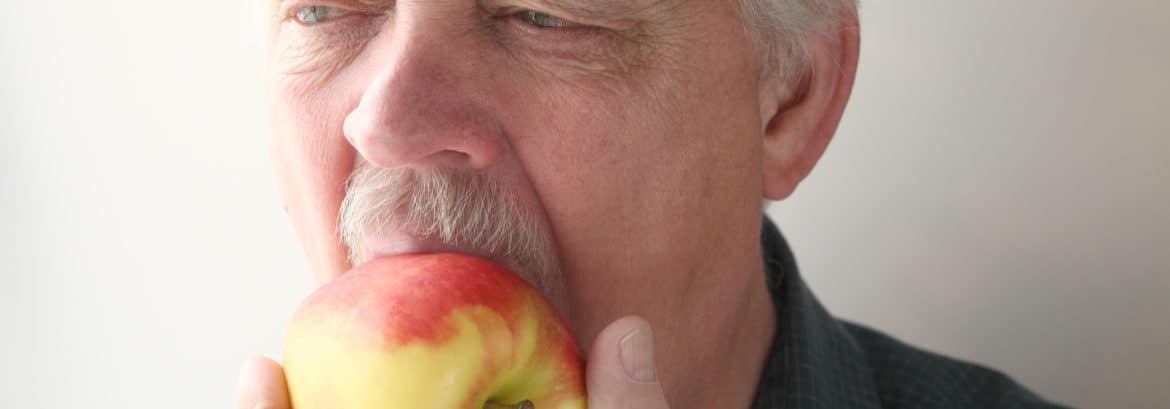Your SW Portland dentist at Burlingame Dental Arts knows of many different ways to predict the future state of a patient’s oral health, but the results of a new study suggest that your oral health may actually be able to predict a longer lifespan.
According to a study published in the Journal of Oral Rehabilitation, the force of a man’s bite at the age of 70 may indicate his longevity. The risk of dying before reaching their mid-80s was 84 percent higher for men with a weaker bite than those with a stronger bite, claimed researchers. The association was significant even when know risk factors such as severe gum disease and tooth loss were included in the analysis.
While bit strength was indicated the lifespan of males involved in the study, researchers were unable to establish any such connection in woman of the same age group.
To explain this remarkable connection, researchers hypothesized that a low bite force could indicate musculoskeletal decline that can ultimately lead to disability and death. Senior men who receive little nutrients, minerals, and vitamins can also have their oral health impacted and have a higher risk of suffering from chronic disease, reported researchers.
Biting Down on The Study Results
The study involved over 550 Japanese participants born in 1927 who were already enrolled in a much larger study that started in 1998. At the beginning of the study, the participants underwent medical and dental examinations and reported personal information, such as smoking habits, chewing ability, and diet.
The participants’ maximum bite force was then assessed on both sides of the jaw at the first molar with a few seconds of clenching on a device called an occlusal force meter. The participants were then categorized into three groups, based on low, medium, and high bite strength in both sexes. Bite force is measured in “newtons” – the average bite force in the study was 173 newtons for the women and 261 for the men.
Following the recording of the individual participant’s data, researchers conducted regular follow-ups during the next 13 years. During that time, 10 percent of the women involved in the study died while 29 percent of the men passed away. Of the men who died, 37 percent who recorded a low bite strength died, compared with 22 percent of men with the strongest recorded bite strength, and 28 percent of men who recorded a middle bite score. There was almost no statistical difference between how many women died in each of their bite groups. Researchers suggest that could be due to the relatively lower number of female study participants who died in comparison to their male counterparts.
While researchers don’t yet know what the significance of this data may suggest, it does help to reinforce the notion that a lifetime of quality oral health helps to improve an individual’s overall health.
The Mouth/Body Connection
Over the years, a growing amount of research has shown compelling links between an individuals’ oral health and his or her overall health. Gum disease, tooth decay, and tooth loss have all been found to be risk factors for a range of chronic health problems that include cardiovascular disease, stroke, dementia, and cancer. Clearly what goes on in our mouths has a much bigger implication on our overall health than we might otherwise believe. Perhaps the results of this latest study just help to reinforce the notion that a stronger, healthier mouth means a stronger body overall all.
To make sure you enjoy the best oral health possible, don’t forget to schedule your next visit to see your SW Portland dentist at Burlingame Dental Arts.


